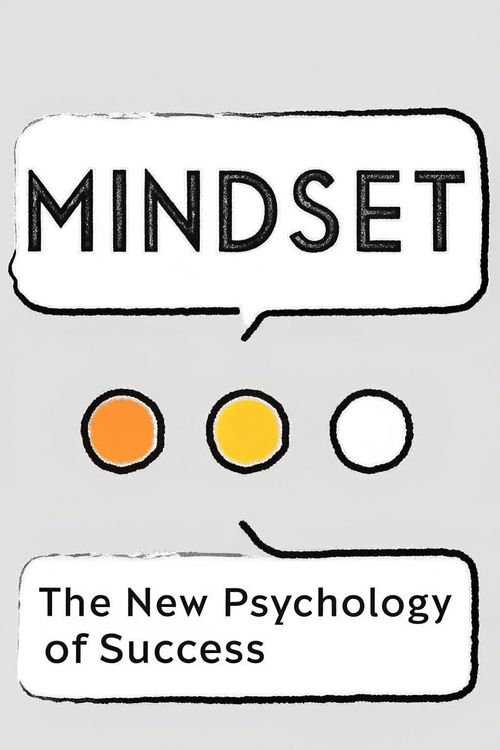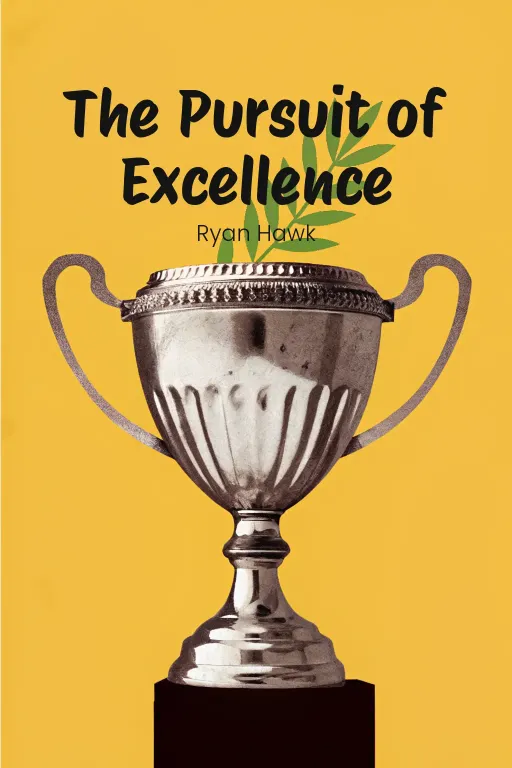
The 80/20 Principle
Productivity
Richard Koch
Richard Koch's "The 80/20 Principle: The Secret of Achieving More with Less" transcends mere time management, venturing into an exploration of efficiency, productivity, and strategic prioritization rooted in the Pareto Principle. This principle, initially observed by Vilfredo Pareto, the Italian economist, denotes that a disproportionate 80% of effects stem from a mere 20% of causes. This counterintuitive notion, challenging conventional wisdom, unveils an inherent asymmetry pervasive across diverse domains - from business operations to personal efficacy.
Koch elucidates how organizations can harness the 80/20 Principle to optimize profitability and streamline operations. Businesses, per the principle, often derive a significant portion of their revenue from a minority of their product lines or customer base. Strategically identifying and nurturing these "vital few" necessitates a rigorous analytical approach, enabling companies to allocate resources judiciously and maximize returns. Simplification, achieved through outsourcing non-core functionalities and focusing on profitable customer segments, emerges as a paramount strategy for business expansion. Corning's strategic reduction of its product line, eliminating low-volume and complex goods, serves as a poignant case study of how embracing simplicity can yield monumental transformations.
Furthermore, Koch delves into the principle's transformative potential in the realm of personal productivity and fulfillment. The implications of the Pareto Principle extend beyond professional spheres, profoundly influencing daily life by compelling individuals to prioritize high-impact activities while eliminating inefficiencies. By focusing on productive activities, we reduce the time spent on tasks that diminish overall goals, thus positioning ourselves for greater satisfaction and success.
Moreover, Koch investigates the link between wealth inequality and the 80/20 Principle, elucidating how a privileged minority often controls a disproportionately large share of resources. However, he posits that true happiness arises not merely from financial accumulation, but from aligning financial decisions with profound life goals, investing in experiences and relationships that yield holistic contentment. Cultivating meaningful relationships and networks, therefore, becomes pivotal in fostering personal support, career advancement, and opportunities grounded in reciprocity and trust, emphasizing the significance of intentional relationship-building.
Ultimately, "The 80/20 Principle" advocates for a strategic re-evaluation of how individuals and organizations approach resource allocation. Central is the need to direct resources towards the vital few that drive the majority of results, thereby catalyzing efficiency, productivity, and fulfillment across all facets of life. By embracing the principle as a guiding force, we endeavor to create lives enriched with purpose and organizations characterized by sustainable growth. Koch's work incites introspection, urging a cultural shift toward mindful prioritization and purposeful action in an increasingly intricate milieu. The overarching theme of focused action encourages a strategic overview when confronting challenges, fostering a more intentional and productive world.









